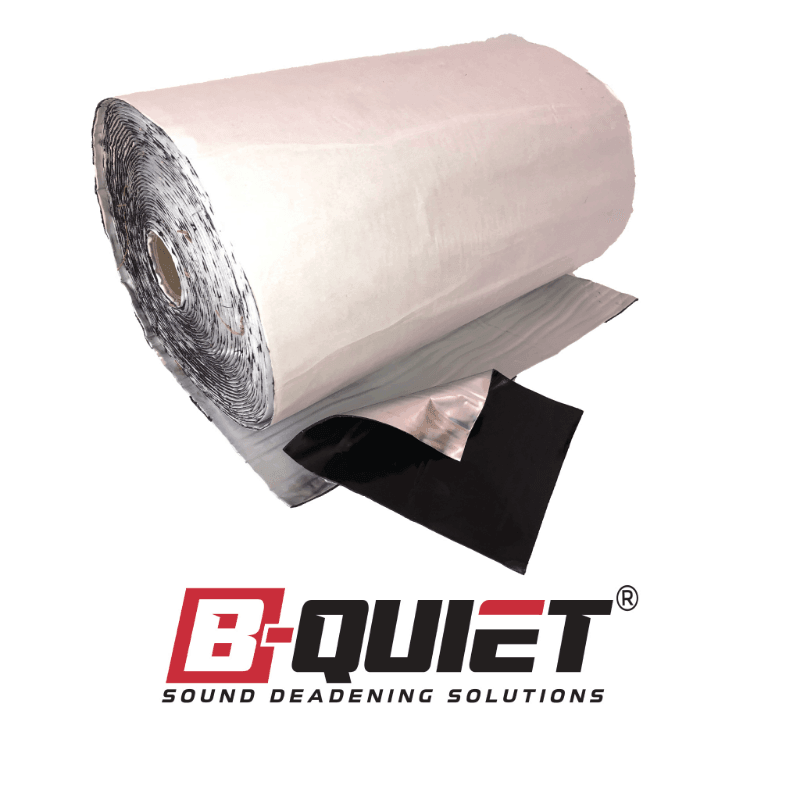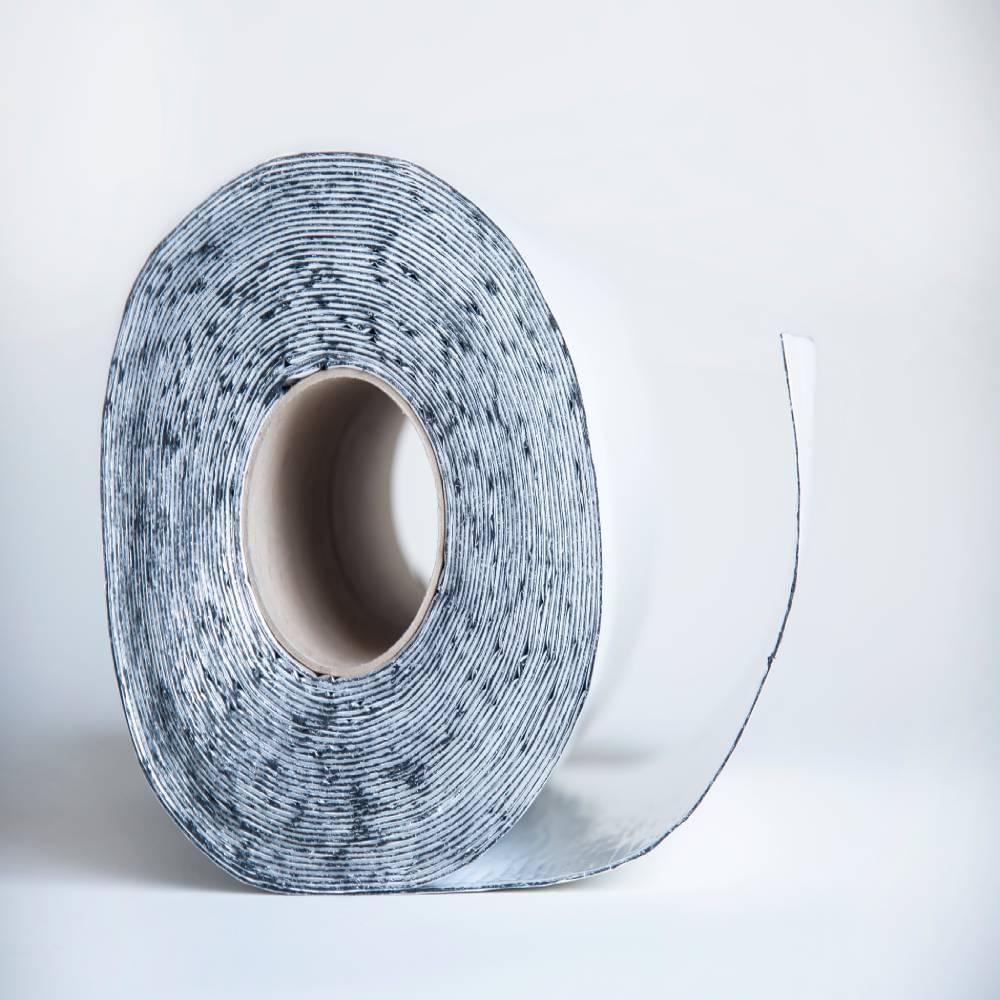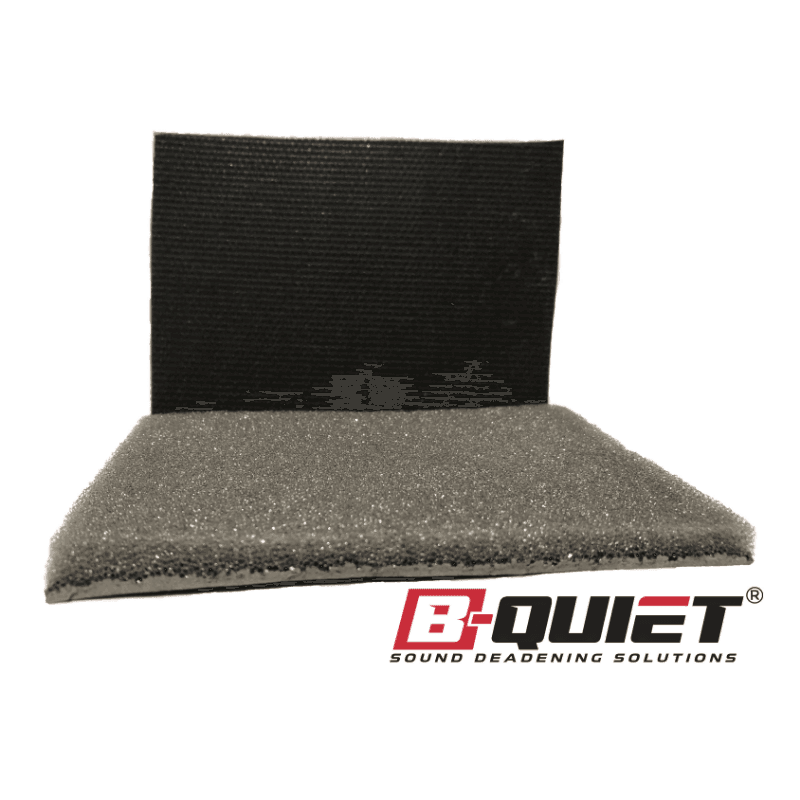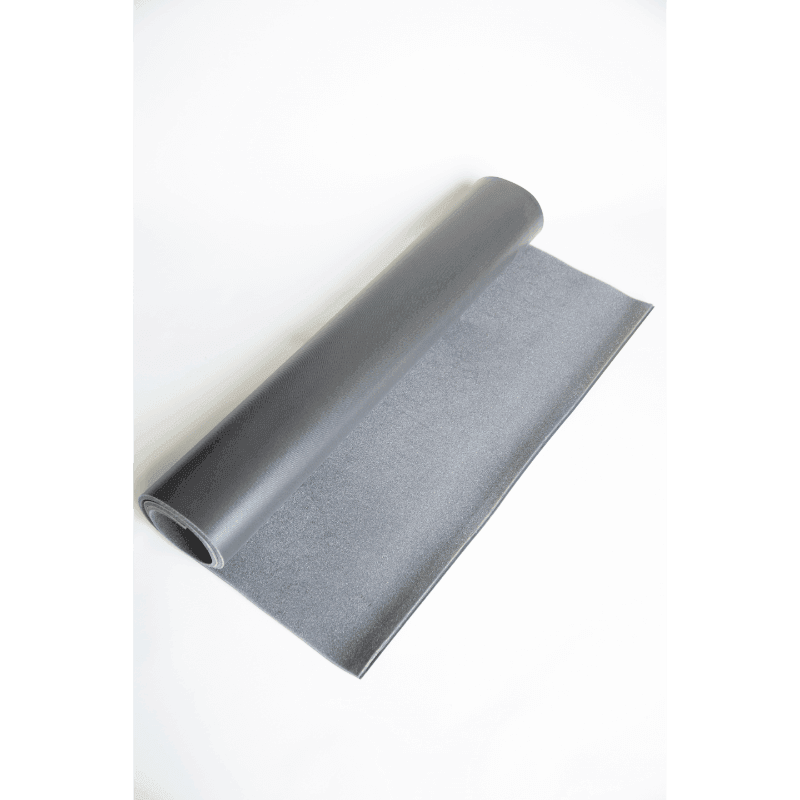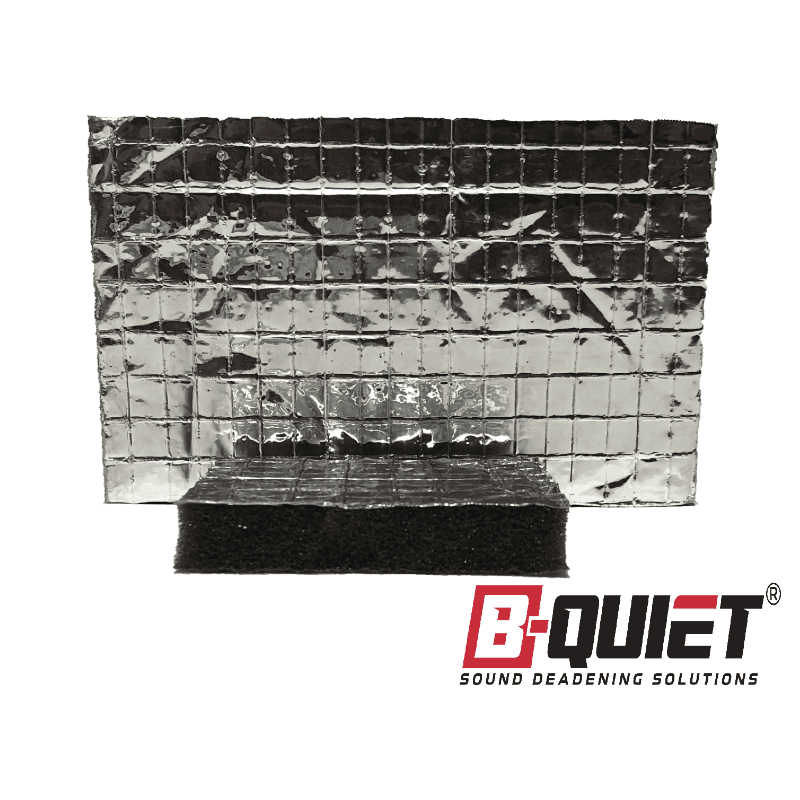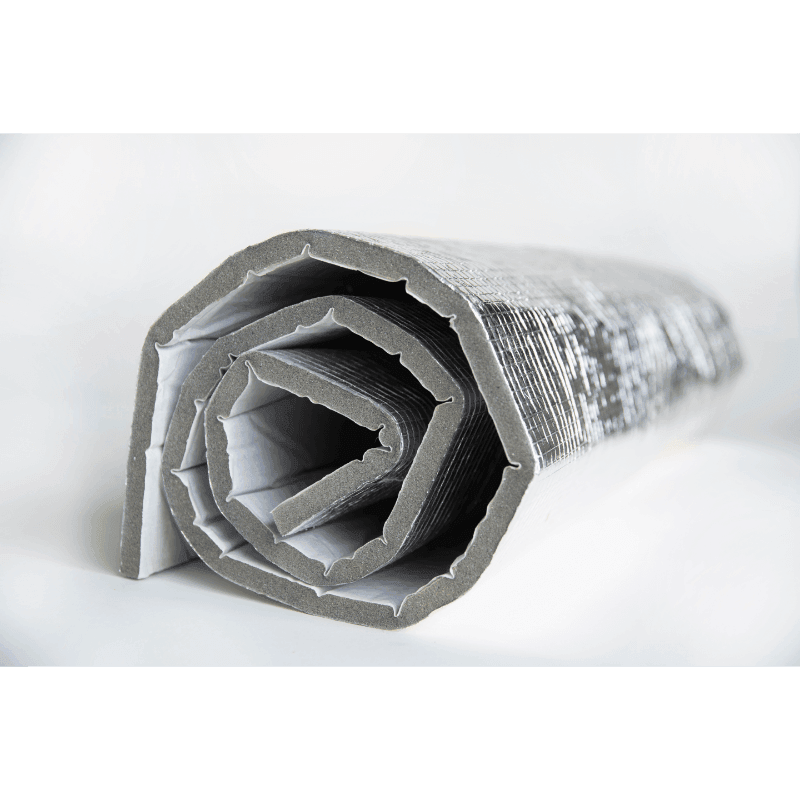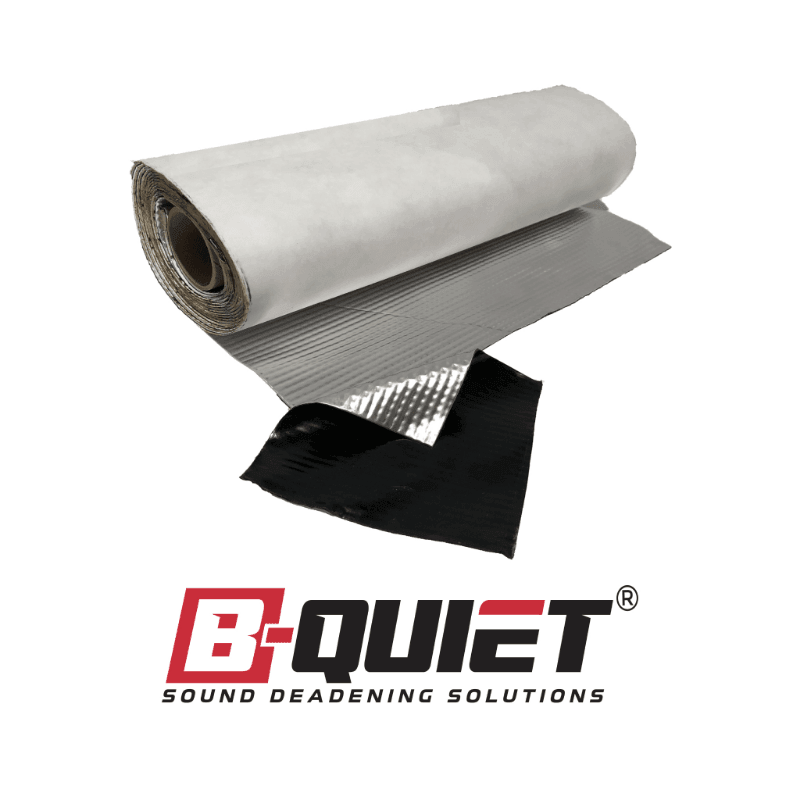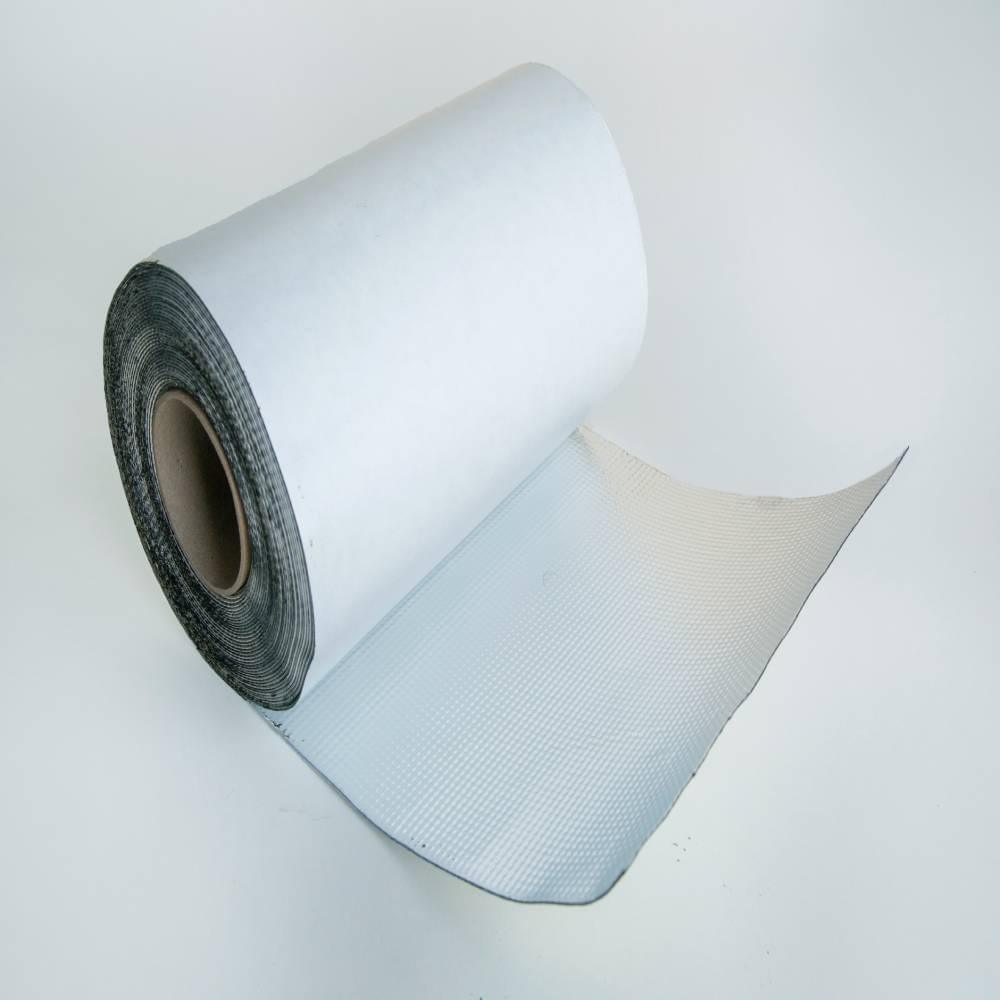Sound Deadening Solutions for Electric Vehicles: Enhancing the EV Driving Experience
Electric vehicles (EVs) are revolutionizing the automotive landscape, promising clean and sustainable alternatives to traditional gas-powered vehicles. The quiet, smooth operation of electric motors has undoubtedly added to their appeal. However, the nearly silent engines can amplify other types of noise within the cabin, such as road and wind noise, or expose passengers to rattles and vibrations that may have been previously masked by combustion engine noise. To fully enjoy the unique driving experience offered by electric vehicles, owners must seek efficient sound deadening solutions that address these exclusive challenges while maintaining the car's performance and eco-friendly features.
In this comprehensive guide to sound deadening solutions for electric vehicles, we will explore the unique challenges inherent to EVs, discussing innovative materials and techniques designed to maintain interior serenity while respecting the vehicle's green and modern nature. This in-depth guide will help electric vehicle owners understand the importance of sound deadening in enhancing the EV driving experience, offering expert advice on selecting and properly implementing soundproofing materials that complement the vehicle's attributes.
Embrace the sustainable future of transportation by optimizing your electric vehicle's interior comfort with sound deadening solutions that harmonize with its innovative technology. Enhance the EV driving experience, ensuring a quiet and tranquil environment where passengers can appreciate the full potential of this new era in personal transportation, combining the best of both worlds – uncompromising performance and environmental responsibility.
Unique Sound Deadening Challenges for Electric Vehicles
Electric vehicles present a different set of challenges when it comes to sound deadening. Understanding these unique factors is crucial for optimizing the EV driving experience:
Different Noise Profile
Unlike traditional gas-powered vehicles, electric vehicles produce little to no engine noise. Consequently, other noise sources, such as road, tire, and wind noise, become more noticeable within the cabin and may require specialized soundproofing materials and strategies.
Energy Efficiency Concerns
Weight plays a crucial role in an electric vehicle's performance, range, and energy efficiency. Therefore, sound deadening solutions for EVs must be lightweight yet effective in order not to compromise the vehicle's eco-friendly attributes and overall performance.
Unique Design Elements
Electric vehicles may feature distinctive design elements (e.g. battery placement, materials) that require customized soundproofing approaches. It is essential to respect the innovative design and engineering aspects of EVs while introducing sound deadening solutions.
Sound Deadening Materials for Electric Vehicles
To maximize the efficiency and performance of your electric vehicle, consider the following sound deadening materials that address the unique challenges presented by EVs:
Lightweight Sound Deadening Mats
Lightweight sound deadening mats, such as those made from butyl rubber and aluminum composites, are effective at reducing vibrations and minimizing structure-borne noise. These mats can be applied to the floor, doors, and wheel wells without significantly impacting the vehicle's overall weight and energy efficiency.
Mass Loaded Vinyl (MLV)
MLV is a dense, flexible material that is proficient at blocking airborne noise. When utilized in electric vehicles, MLV can be installed within door panels, floor cavities, and headliners to keep road and wind noise at bay.
Closed-Cell Foam Insulation
Closed-cell foam insulates against both noise and thermal transfer and has a relatively low weight compared to other materials. Applying closed-cell foam to the floor, doors, and headliner can help reduce noise in the cabin without compromising the vehicle's energy efficiency.
Expert Installation Tips for Sound Deadening in Electric Vehicles
To achieve the best sound deadening results in your electric vehicle, follow these expert installation tips:
Consult Your Vehicle's Manufacturer Guidelines
Before starting any installation project, consult your EV manufacturer's guidelines to ensure you're adhering to their recommendations and not voiding any warranties.
Prepare the Vehicle and Identify Problem Areas
Thoroughly clean the surfaces where sound deadening materials will be applied. Identify the most significant noise sources, such as road noise from the wheel wells and wind noise from the doors, and concentrate your soundproofing efforts in these areas.
Measure and Cut Materials Accurately
To optimize performance and maintain a professional appearance, measure and cut your sound deadening materials accurately, customizing them to fit the specific dimensions and contours of your electric vehicle.
Properly Secure Materials
Install sound deadening materials correctly by ensuring proper adhesion and avoiding gaps or air pockets. Utilize suitable adhesive, mechanical fasteners, or gaskets to create a tight seal between materials and the vehicle's surfaces.
Sound Deadening Maintenance for Electric Vehicles
To protect your sound deadening investment and maintain your EV's quiet and comfortable cabin environment, consider the following maintenance and care tips:
Regular Inspections
Inspect your sound deadening materials and overall vehicle condition regularly, addressing any wear or potential issues to maintain optimal noise reduction and preservation of your investment.
Uphold Cleanliness
Keep your electric vehicle's interior clean, as this preserves the appearance and performance of your sound deadening materials. Routine cleaning also prolongs the life and effectiveness of the materials.
Professional Maintenance
Adhere to your electric vehicle manufacturer's recommended maintenance schedule, as proper upkeep can help prevent the need for more extensive and intrusive repairs that could compromise your sound deadening solutions.
Conclusion
Fully enjoy the quiet, smooth driving experience that electric vehicles have to offer by implementing sound deadening solutions that cater specifically to the unique challenges of EVs. With expert advice on selecting and installing the right materials, you can create a tranquil and serene cabin environment where passengers can benefit from the advanced technological innovations and eco-friendly attributes of your EV. By combining the best of both worlds — contemporary ingenuity and comfort — electric vehicles equipped with sound deadening material will continue to reshape the automotive landscape, contributing to a sustainable future and unparalleled motoring experience for all.






